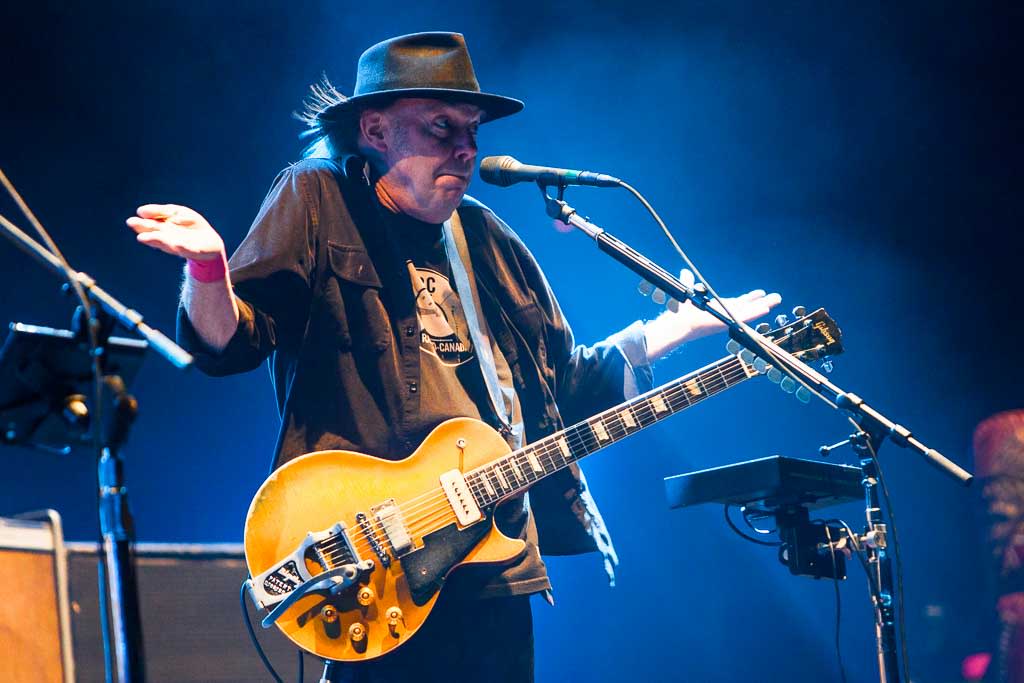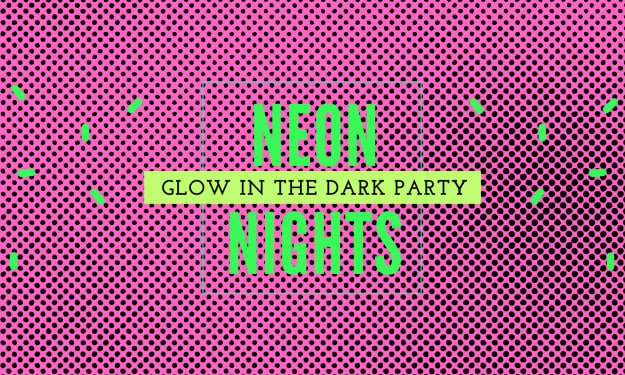After The Goldrush: Why Neil Young’s Stand Against Spotify is Even Bolder Than it Seems
A spat between an old rocker and a music distribution platform actually has meaning and consequences far far beyond the prosaic business deal at its heart. Also, screw Spotify!

It’s not news until a celebrity gets involved.
When 270 doctors, physicians, and science educators signed an open letter to Spotify calling on the streaming service to take action on Covid-19 misinformation being peddled on the podcasts that it hosts, it barely made any waves in the media. The letter was in response to an episode of The Joe Rogan Experience, in which Rogan aired debunked claims that “mass formation psychosis” was to blame for our perception that the Covid-19 vaccine is effective, that the Biden administration is suppressing evidence supporting the efficacy of cattle dewormer Ivermectin as a Covid-19 treatment, and that hospitals are financially incentivised to inflate infection numbers. The Joe Rogan experience is the world’s most popular podcast, and the link to that episode was shared on Facebook nearly 25,000 times. Spotify reportedly paid 100 million dollars to host Rogan’s podcast exclusively.
That celebrity was Boomer rocker Neil Young. Young posted an open letter to Spotify delivering an ultimatum. Spotify could either host Neil Young’s music, or The Joe Rogan Experience, not both. Young even specifically referenced the expert’s letter to Spotify. Young’s letter made waves in the media and Spotify responded in less than 24 hours. Unfortunately, they sided with lies and misinformation and began removing Neil Young’s music from the service. It made sense from a PR perspective, as well as a financial one. Siding with Young would’ve meant admitting that they were wrong to host Rogan’s podcast in the first place.
It was not the outcome Neil Young was hoping for, I am sure. But he stood by his principles and shone an even greater spotlight on the issue. Soon afterwards Young’s contemporaries Joni Mitchell and Nils Lofgren announced they were removing their music from Spotify, and other musicians including David Crosby, Kay Hanley, and Sebastian Bach also voiced support.
Disturbed’s David Draiman, on the other hand, had a meltdown about free speech… There’s always one letting the side down.
Almost exactly a year earlier people who get excited by very large numbers in the media jumped with joy at the news that Neil Young had sold his recording catalog, around 1,800 songs, to British investment firm Hipgnosis for an estimated 150 million dollars, kicking off a trend of other old rockers, including Bob Dylan, Bruce Springsteen, and members of Fleetwood Mac doing the same. The deal was widely reported in the media, though I am not sure why they thought you would care about a financial deal between an old millionaire and an investment firm. If you’re not one of those people who gets excited by very large numbers in the media, I can’t tell you why you should care, but I can tell you why it’s interesting (for a given value of interesting).
Thanks to the streaming revolution, recording catalogs of old music are a lot more valuable now than they ever were. Before streaming, there was simply no money in old music. Sure, people listened to old music a lot, but they didn’t pay to do so. If you wanted to listen to Harvest or Heart of Gold, you listened to a CD you bought ten years ago, or a LP you bought thirty years ago. The only money to be made was in new music.
Unless they crap out another Greatest Hits by a legacy artist. That’s why Greatest Hits compilations were so ubiquitous. They were, ironically, the only way to get money out of the massive Boomer music market. Notice how those comps have all but disappeared from record stores (digital and otherwise)? It’s a shift that illustrates how significantly the industry has changed, when the format that produced such blockbusters as Queen’s Greatest Hits, and ABBA Gold is a thing of the past. When the White Stripes released their Greatest Hits in December 2020, it was the kind of insufferably aware but charmingly retro move the band was known for.
With streaming though, every listen is monetised. Whoever owns the recording gets paid whenever someone streams those massive hits of yesteryear, no need for a costly repackaging. After Fleetwood Mac’s 1977 hit Dreams went viral in 2020 (for reasons I am too old to understand), the song was streamed 230 million times in one two-week period! And while young artists struggle with the penny-shavings that streaming pays, artists with the exposure of old Boomer rockers are all of a sudden bringing in money.
Unless they’ve sworn off the world’s largest music streaming service. The suits at Hipgnosis will receive a much lower return on investment as a result of Neil Young’s stand. You gotta admire the chutzpah.
There is a lot of talk about how the pandemic will change the world irrevocably, how it will create a new normal, and we’ll emerge from this to a world we don’t recognise. I am skeptical. Too many people have a vested financial interest in maintaining the pre-pandemic status quo. The world will not change, even though it arguably should, and everything will return to the way it was, as soon as possible. If those in charge cannot make changes to respond to the challenges of climate change (which is happening whether we prepare for it or not), they will not make permanent changes to respond to a present and immediate crisis any longer than they have to. Remember all those premature declarations of victory over the virus, and the end of lockdowns, while case numbers were still surging?
But Neil Young took a stand against those who would prolong the pandemic for financial gain. Admittedly it was a pretty insignificant stand, Spotify and Hipgnosis will suffer minor dents in their profitability, at most, Joe Rogan is still on the air, and his podcast is only one cog in a vast network of misinformation. But someone with the money to insulate themselves from the virus (contrary to popular belief, the virus does discriminate) thought about the welfare of others for a minute, damn the consequences. That’s hope.
Lastly, shame on you Spotify. Perhaps we all should boycott the service. Starting a movement is a lot more significant than making a lone stand.
About the Creator
Michael Atkins-Prescott
Non-binary artist, DJ writer, bird fancier and licensed forklift driver.
I'm in New Zealand, with my wife and a cat, a pretty decent kitchen,and a turntable I fixed myself.
pssstt... https://linktr.ee/michaelatkinsprescott






Comments
There are no comments for this story
Be the first to respond and start the conversation.